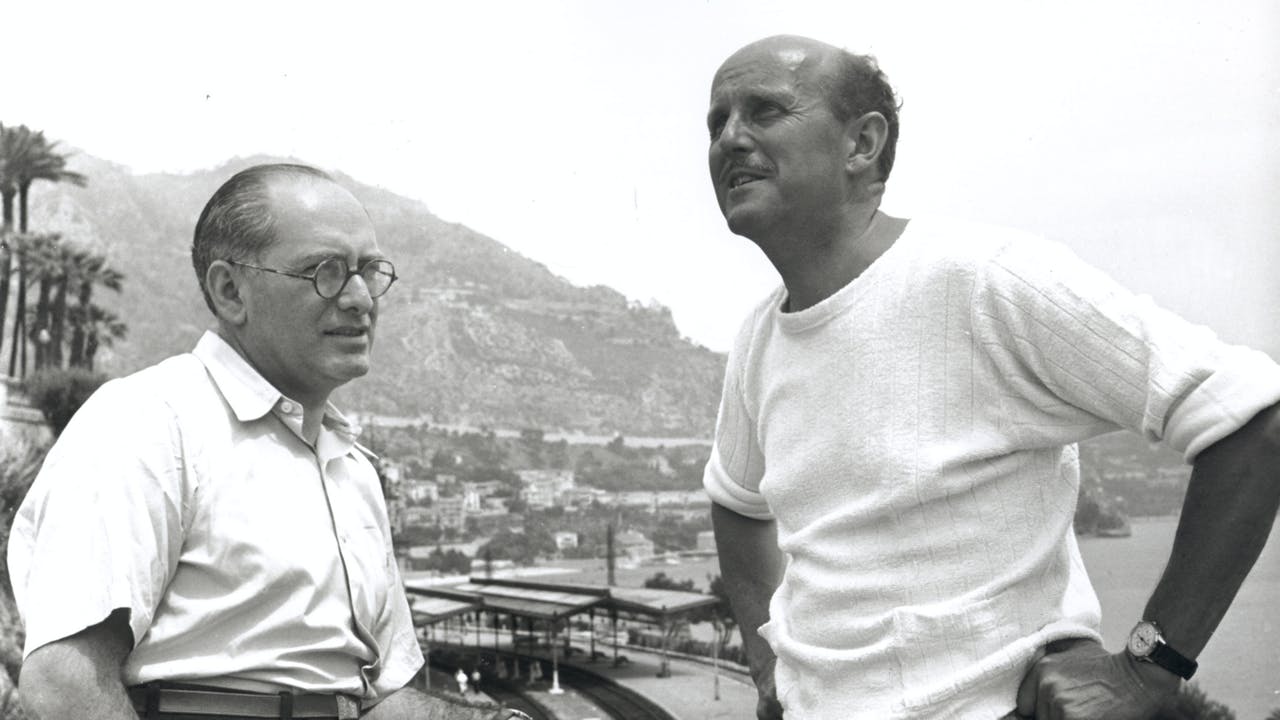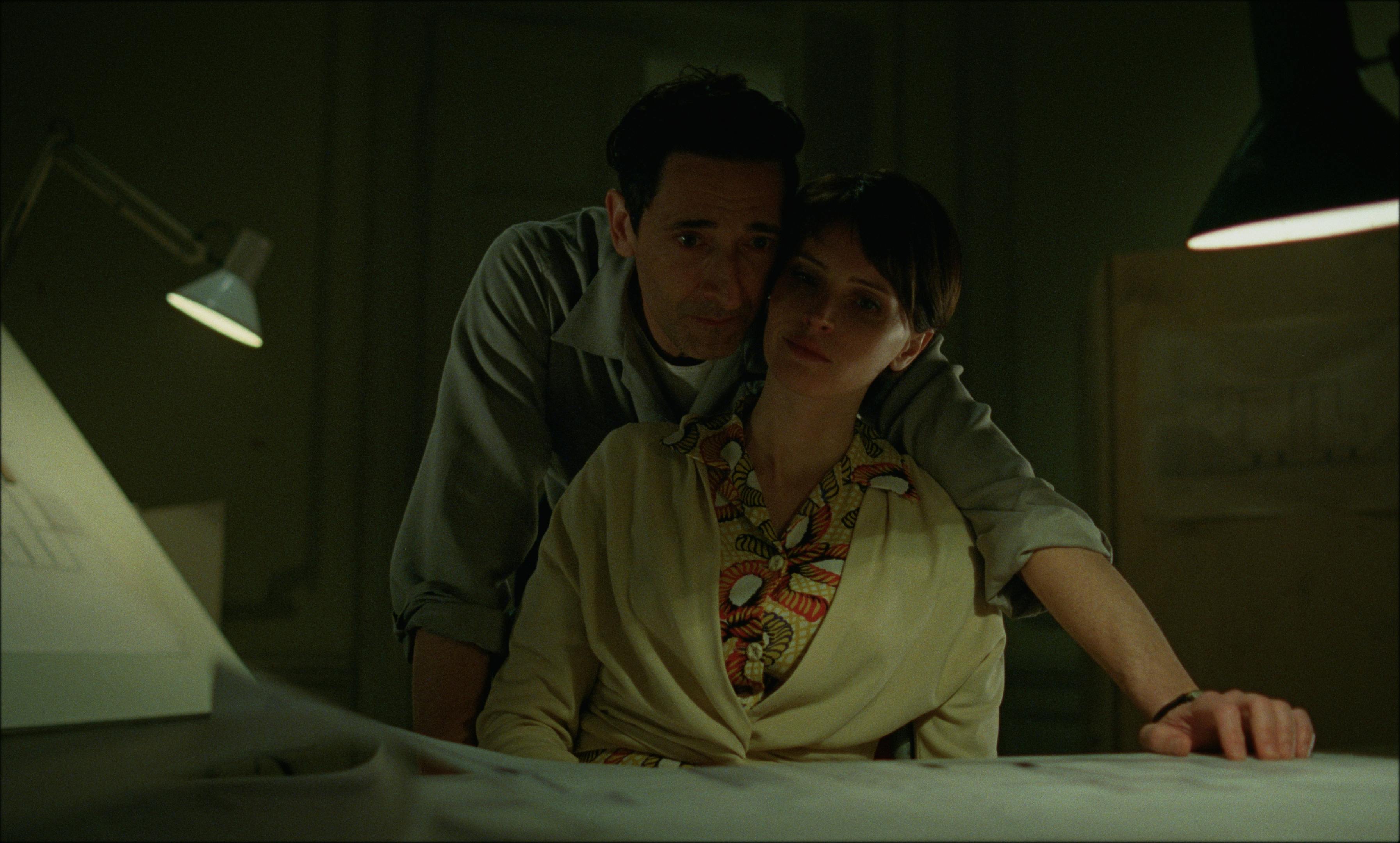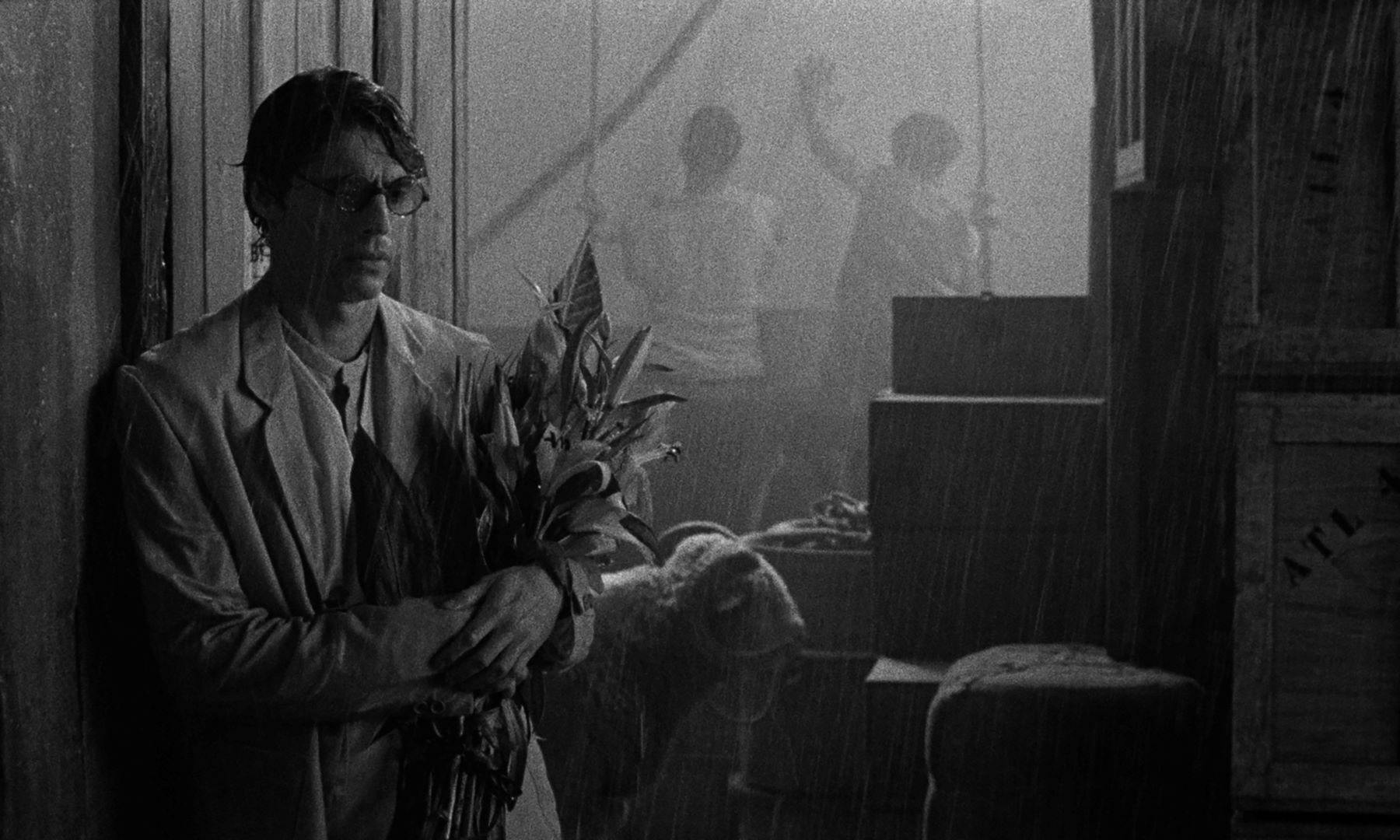When a cause is so pressing that an artist must flee their country in order to address it; a certain degree of interest inherently develops. Intrigue is inevitable with a project so dire, so important, that those involved found it necessary to take the risk of collaborating and, for some, join director Mohammad Rasoulof in his self-imposed exile. That bravery is worthy of its own plaudits but can it overwhelm or take the place of the work’s own artistic merit?
The influence of these external factors for Rasoulof’s The Seed of the Sacred Fig piqued my curiosity because I’m concerned the captivating story of the film’s production would upstage its own qualities as a gripping and effective narrative piece. Rasoulof and his team risked their lives to create and deliver an uncompromising indictment of the oppression of women in Iran.
When a film addresses a serious social issue, particularly one as immediate as this, I worry some might shy away from the sheer weight of the subject. But The Seed of the Sacred Fig is not here to simply subject you to the injustices perpetrated by the Iranian government, it’s designed to entertain and succeeds.
Rasoulof finely tunes us to the emotional pitch of the middle class family on screen. Like them, we’re lured into the possibility and promise of Iman’s (Missagh Zareh) big promotion. Serving the Islamic Republic means serving a higher power to the devout patriarch. It also means his wife Najmeh (Soheila Golestani) can get all those household amenities she’s wanted and that sisters Sana (Setareh Maleki) and Rezvan (Mahsa Rostami) can finally sleep in their own bedrooms. Sobering the elation of the family’s newfound prosperity is an enigmatic bass note that sustains throughout it all. As the ancient adage goes: more money, more problems.
Iman is elevated to the role of an investigator, tasked with gathering facts for trials. Rasoulof presents the role as one of obedience. Iman is expected to rubber stamp his way through a growing pile of cases. His promotion comes amidst growing civil unrest as the state cracks down on an intensifying protest movement.
Rasoulof was serving time in prison for criticizing the government’s treatment of protestors when the death of Mahsa Amini sparked the Jina (Woman, Life, Freedom) uprising. He was amazed at the scope of the protests and the women’s bravery and decided to make this film, that shows the women of Iran can only tolerate so much before they push back.
Rasolouf shot the film entirely in secret, keeping his production crew small with minimal technical equipment (the film looks better than many of today’s Hollywood productions). His casting was another challenge as he needed to find actors that could fulfill their roles but also have the courage to participate.
Iman’s new position means he and his family may become targets of political violence. He’s issued a gun for protection and enlists Najmeh to keep his daughters in line, ensuring they behave in a manner fitting of a government official. Rajmeh confines the sisters to the gilded cage of their middle class apartment as the streets outside echo with the cries for justice and freedom.
At first, the conflict flows beneath a family drama, complete with hijinks, shopping, and boytalk. The sisters flutter with anticipation of a new school year but the generational divide between them and their parents expands to a dark chasm. As Najmeh watches network news relaying the state’s version of events on the living room TV, Sana and Rezvan scroll through the unfiltered brutality on social media.
Rasoulof’s imbues the work of fiction with unflinching truth. The videos the sisters watch are pulled directly from real world social media accounts. They show the violent encounters of citizens with state authorities and the bloody aftermath. The verite elements pack the shock of the real without disrupting the narrative. Editor Andrew Bird affords the videos time to breathe, pointing to their importance and gives the sensation that we’re watching this on our own phones.
That turmoil begins to seep into the family’s middle class apartment. The chants of young women pound their bedroom windows and eventually a friend’s blood is spilled in their bathroom sink.
When Iman’s gun goes missing, the family drama becomes a suspense thriller. Iman’s paranoia of the threats around him evokes an Alan Pakula political thriller and Rasoulof pulls off a cat-and-mouse chase sequence worthy of a Bond film. It’s the Rasoulof’s steady hand that’s been increasing the heat throughout the story all along; moving from a few bubbles, to a simmer, to an intense boil.
His sterling direction seamlessly transitions our point-of-view around the family. We see Iman and Najmeh’s conservative mindset from the perspective of their children, Najmeh’s moral dilemmas, and Iman’s descent into madness.
Rasoulof was already facing an eight year prison sentence when he was about to announce the release of The Seed of the Sacred Fig, which would have only added to that time. With his passport confiscated by the Islamic Republic, he decided to flee his home country. He, and some of his crew, managed to escape to Europe.
For their efforts, The Seed of the Sacred Fig is a captivating ouroboros of life imitating art, imitating life and a testament to the powerful work the people of Iran are capable of in the face of oppression.






